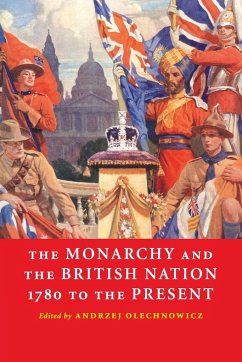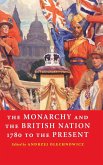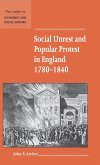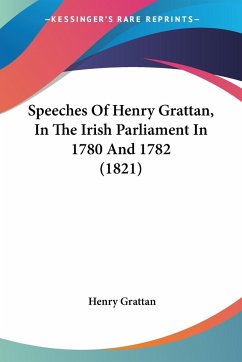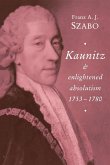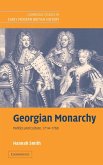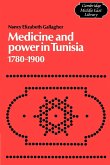The monarchy has remained important in British public life long after monarchs ceased, in the early nineteenth century, to govern as well as to reign, and popular legitimacy came to be founded on representation, not the immutability of a sacred hierarchy. This book addresses two fundamental questions about the British monarchy in the modern period. What has been its function in the political and social life of the nation? Why, for much but by no means all of the modern period, has it been so popular with its subjects? Leading historians offer contributions on the monarchy and public values, the monarchy's popularity, the monarchy and Ireland, the monarchy on film, gender and the monarchy, the royal court, republicanism, and the monarchy and the wider world. These essays shed considerable new light on the monarchy's place in British public life and on the broader social and political history of modern Britain.
Bitte wählen Sie Ihr Anliegen aus.
Rechnungen
Retourenschein anfordern
Bestellstatus
Storno

